Chin Contouring Cost in Seoul: Your Complete Guide
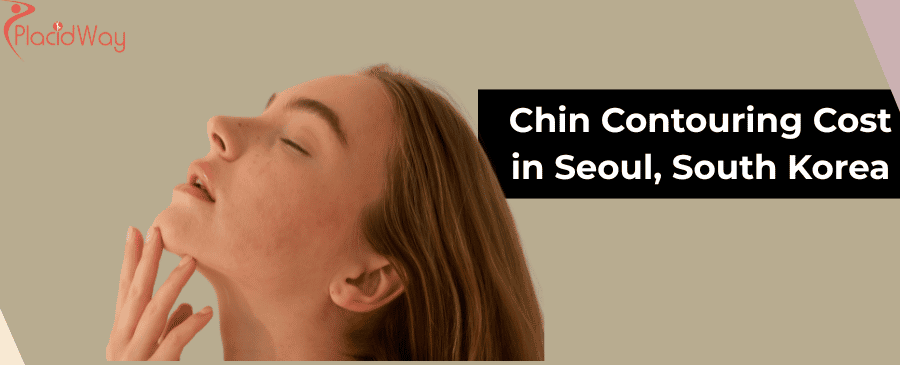
Welcome to our comprehensive guide on chin contouring in Seoul, South Korea! If you've been considering enhancing your chin and jawline, you're likely wondering about the costs involved, especially in a global hub for aesthetic procedures like Seoul. South Korea has earned a stellar reputation for its advanced cosmetic techniques and highly skilled surgeons, attracting patients from all over the world. This guide aims to answer all your pressing questions about chin contouring, providing clear, concise information to help you make informed decisions. We'll delve into the various procedures available, their typical price ranges, and the factors that influence the final cost. Whether you're looking for subtle refinement or a more dramatic change, understanding the financial aspect is a crucial first step. Let's explore what you can expect when pursuing chin contouring in this vibrant medical tourism destination.
How much does chin contouring cost in Seoul, South Korea?
Seoul is renowned for its competitive yet high-quality cosmetic surgery market. While prices can be higher than in some other countries, the advanced techniques, state-of-the-art facilities, and experienced surgeons often justify the investment for many international patients. It's important to get a detailed quote from a reputable clinic, as the final price often includes consultations, pre-operative tests, anesthesia, the procedure itself, and post-operative care.
What are the different types of chin contouring procedures available in Seoul?
Seoul's plastic surgery clinics offer a wide array of chin contouring options to address various concerns, whether it's a receding chin, a prominent chin, excess fat, or a desire for a more defined jawline.
-
Surgical Chin Contouring Procedures:
-
Genioplasty (Chin Surgery): This involves reshaping the chin bone itself. It can be performed to either advance a receding chin (chin augmentation) or reduce a prominent chin (chin reduction). The surgeon makes an incision inside the mouth or under the chin, cuts the bone, and repositions it, often securing it with small plates and screws.
-
Chin Implants: For those seeking chin augmentation without bone reshaping, silicone or other biocompatible implants can be inserted to enhance chin projection and definition. This is a quicker procedure than genioplasty.
-
V-line Surgery: This comprehensive facial contouring procedure reshapes the jawline and chin to create a more slender, V-shaped face, a highly desired aesthetic in South Korea. It typically involves reducing the mandibular angles (jawbone corners) and genioplasty to refine the chin.
-
Chin Liposuction: If the primary concern is a "double chin" caused by excess fat under the chin, liposuction can effectively remove these fat deposits, creating a more defined neck and jawline. This can be combined with other procedures.
-
-
Non-Surgical Chin Contouring Procedures:
-
Dermal Fillers: Hyaluronic acid fillers can be strategically injected to add volume to a receding chin, enhance chin projection, or smooth out irregularities along the jawline. The results are temporary, lasting typically 6-18 months.
-
Kybella Injections: Kybella is an injectable treatment that uses deoxycholic acid to break down and absorb dietary fat. It's specifically approved for reducing submental fat, commonly known as a double chin. Multiple sessions are often required.
-
Ultherapy/Thermage: These are non-invasive procedures that use focused ultrasound (Ultherapy) or radiofrequency (Thermage) energy to stimulate collagen production and tighten the skin, which can help improve the appearance of a sagging jawline or mild double chin. They provide gradual, natural-looking results.
-
What is the average cost of chin implants in Seoul?
Chin implants are a popular choice for individuals looking to enhance the projection and definition of their chin.The cost for a chin implant procedure in Seoul can vary based on several factors, including the type of implant used (e.g., silicone, porous polyethylene), the complexity of the insertion, and the reputation of the clinic and surgeon.Clinics in prime areas like Gangnam, known for their advanced facilities and international patient services, might have slightly higher prices.
How much does genioplasty (chin bone surgery) cost in Seoul?
Genioplasty is a more intricate surgical procedure compared to chin implants, as it involves cutting and repositioning the patient's own chin bone.
What is the price range for V-line surgery in Seoul?
V-line surgery is one of the most sought-after facial contouring procedures in South Korea, aiming to create a sharper, more delicate lower facial appearance.Many clinics in Seoul offer comprehensive V-line surgery packages that include all aspects of the procedure, from initial consultation to post-operative recovery care, which is a significant factor for international patients.
How much do non-surgical chin contouring treatments cost in Seoul?
Non-surgical options offer a less invasive and often more affordable way to enhance the chin and jawline.
Here's a breakdown:
These treatments are ideal for individuals seeking subtle enhancements, addressing minor fat deposits, or improving skin laxity without the downtime associated with surgery. The overall cost will depend on the number of sessions or amount of product needed to achieve the desired outcome.
What factors influence the total cost of chin contouring in Seoul?
-
Type of Procedure: As discussed, surgical procedures (genioplasty, V-line, implants) are generally more expensive than non-surgical ones (fillers, Kybella, Ultherapy) due to the involvement of anesthesia, operating room fees, and longer recovery periods.
-
Surgeon's Experience and Reputation: Highly sought-after surgeons with extensive experience and a strong track record of successful results often command higher fees. Their expertise can significantly impact the safety and outcome of your procedure.
-
Clinic's Prestige and Location: Clinics situated in affluent areas of Seoul, such as Gangnam, or those with state-of-the-art facilities and international accreditations, tend to have higher overheads, which are reflected in their pricing. However, they also often offer superior service and patient care.
-
Complexity of the Case: A more complex case, such as a revision surgery, a significant bone reshaping, or a combination of multiple procedures, will naturally cost more than a straightforward one. The amount of work required directly impacts the surgical time and resources needed.
-
Anesthesia Fees: The type of anesthesia used (local, twilight, or general) and the duration it's administered will contribute to the total cost. General anesthesia, typically used for major surgical procedures, is more expensive.
-
Pre- and Post-Operative Care: This can include initial consultations, X-rays, 3D CT scans, post-operative medications, follow-up appointments, and sometimes even lymphatic massages or specialized recovery programs. Reputable clinics often bundle these into a comprehensive package, while others might list them separately.
-
Hospital Stay (if applicable): For more extensive surgical procedures, an overnight stay in the clinic or hospital might be necessary, adding to the overall cost.
-
Additional Services: Some clinics offer packages for international patients that might include airport transfers, accommodation assistance, or translation services, which can also influence the total price.
Are chin contouring costs in Seoul inclusive of all fees?
-
Surgeon's fee: This is the primary cost for the surgeon's time and expertise.
-
Anesthesia fee: Covers the anesthesiologist's services and the cost of anesthetic agents.
-
Facility fee: Charges for using the operating room and its equipment.
-
Pre-operative consultations and diagnostics: This might include physical examinations, blood tests, and imaging like X-rays or 3D CT scans.
-
Post-operative care: Follow-up appointments, stitch removal, and basic dressings.
What might not be included:
-
Medications: Prescriptions for pain relief or antibiotics post-surgery.
-
Compression garments: If required for swelling.
-
Additional treatments: Any unexpected complications or a desire for further procedures.
-
Travel and accommodation: For international patients, these are significant additional expenses.
-
Revisions: While rare with reputable clinics, if a revision surgery is needed due to unforeseen circumstances, it may incur extra costs.
Always request a written quote and clarify any ambiguities before committing to a procedure.
Is chin contouring in Seoul more affordable than in Western countries?
While individual costs can vary, generally, the same high-quality procedures performed by experienced surgeons using advanced technology can be significantly less expensive in Seoul compared to clinics in North America, Western Europe, or Australia.
This cost difference is often attributed to several factors:
-
Lower operational costs: The cost of living and running a medical practice in South Korea can be lower than in some Western nations.
-
High volume of procedures: Korean surgeons perform a large number of cosmetic procedures, allowing them to optimize their processes and offer more competitive pricing.
-
Government support for medical tourism: South Korea actively promotes medical tourism, which contributes to maintaining competitive prices and high standards.
However, it's essential to compare not just the base price but also what's included in the package and to factor in travel and accommodation expenses when evaluating the overall affordability for international patients.
What are the qualifications of chin contouring surgeons in Seoul?
South Korea has a rigorous training and certification process for plastic surgeons.
-
Complete medical school, followed by a residency in plastic surgery.
-
Undergo specialized training in facial bone contouring, which is a sub-specialty.
-
Obtain board certification from the Korean Society of Plastic and Reconstructive Surgeons.
-
Often pursue fellowships or additional training both domestically and internationally.
Many prominent clinics in Seoul employ surgeons who are not only highly skilled but also regularly participate in international conferences, publish research, and are at the forefront of developing new techniques. When choosing a clinic, it's advisable to research the surgeon's specific qualifications, experience with chin contouring procedures, and view their before-and-after portfolios.
What should I expect during the recovery period after chin contouring in Seoul?
-
Surgical Procedures (Genioplasty, Chin Implants, V-line Surgery):
-
Initial Recovery (1-2 weeks): Significant swelling and bruising are common, peaking within the first few days. Pain is usually managed with prescribed medication. A compression bandage or garment may be worn to help reduce swelling.
-
Diet: A soft diet is often recommended for the first few days to weeks, especially if incisions are inside the mouth.
-
Activity: Strenuous activities should be avoided for several weeks. Most patients can return to light activities and work within 1-2 weeks, though swelling will still be present.
-
Full Recovery: Residual swelling can take several months (3-6 months or even up to a year for V-line surgery) to fully subside, revealing the final results. Numbness in the chin area is also common and typically resolves over time.
-
-
Non-Surgical Procedures (Fillers, Kybella, Ultherapy/Thermage):
-
Downtime: Minimal to no downtime.
-
Side Effects: Temporary swelling, bruising, redness, or tenderness at the injection sites. These usually resolve within a few days to a week.
-
Activity: Most normal activities can be resumed immediately.
-
Your surgeon will provide detailed post-operative instructions tailored to your specific procedure. Following these guidelines carefully is crucial for optimal healing and results.
Are there risks associated with chin contouring procedures?
-
Infection: Any surgical procedure carries a risk of infection, though it's typically low and managed with antibiotics.
-
Bleeding/Hematoma: Excessive bleeding or the formation of a blood clot (hematoma) can occur.
-
Nerve Damage: Temporary or, in rare cases, permanent numbness or altered sensation in the chin or lip area due to nerve injury.
-
Asymmetry: While surgeons strive for symmetry, slight asymmetry can occur.
-
Unsatisfactory Aesthetic Outcome: The results may not fully meet patient expectations, sometimes requiring revision surgery.
-
Anesthesia Complications: Risks associated with general or local anesthesia, though rare, include allergic reactions or respiratory issues.
-
Implant-Specific Risks (for chin implants): Displacement of the implant, infection around the implant, or extrusion.
-
Bone Healing Issues (for genioplasty/V-line): In rare cases, delayed or improper bone healing.
Choosing a board-certified surgeon in a reputable clinic, openly discussing your medical history and expectations, and following all pre- and post-operative instructions are key steps in minimizing these risks.
How long do chin contouring results last?
-
Surgical Procedures (Genioplasty, Chin Implants, V-line Surgery):
-
The results from surgical procedures that involve reshaping the bone or inserting permanent implants are considered permanent. The changes to the bone structure are lasting.
-
However, it's important to note that the natural aging process will continue, which can affect the skin and soft tissues of the face over time. The underlying bone structure, however, remains contoured.
-
-
Non-Surgical Procedures (Dermal Fillers, Kybella Injections, Ultherapy/Thermage):
-
Dermal Fillers: Results typically last from 6 months to 18 months, depending on the type of filler used, the amount injected, and individual metabolism. Maintenance treatments are required to sustain the effect.
-
Kybella Injections: Once the fat cells are destroyed by Kybella, they are permanently eliminated. The results are considered long-lasting, provided there isn't significant weight gain. However, some individuals might opt for touch-up sessions if new fat deposits appear or if they desire further reduction.
-
Ultherapy/Thermage: These treatments stimulate collagen production, and results gradually appear over 2-3 months and can last 1 to 2 years. Annual touch-up sessions might be recommended to maintain the effects as the skin continues to age.
-
The longevity of results for any procedure can also be influenced by lifestyle factors, sun exposure, and overall skin health.
What should I look for in a chin contouring clinic in Seoul?
-
Board-Certified Surgeons: Ensure the surgeons are certified by recognized plastic surgery boards (e.g., Korean Society of Plastic and Reconstructive Surgeons) and have specialized experience in facial bone contouring.
-
Specialization and Expertise: Look for clinics and surgeons who have a strong focus and extensive experience specifically in chin and jawline procedures.
-
International Patient Services: For medical tourists, clinics that offer English-speaking staff, translation services, accommodation assistance, and streamlined processes for overseas patients are highly beneficial.
-
Transparent Pricing: The clinic should provide a clear and detailed breakdown of all costs, avoiding hidden fees.
-
Positive Patient Reviews and Testimonials: Check online reviews on reputable platforms, read patient experiences, and look at before-and-after photos to gauge satisfaction and results.
-
Accreditation and Safety Standards: Confirm that the clinic adheres to high safety standards and is properly accredited by relevant health authorities.
-
State-of-the-Art Facilities and Technology: Modern equipment, advanced imaging technologies (like 3D CT scans), and sterile operating environments are crucial.
-
Comprehensive Pre- and Post-Operative Care: A good clinic will offer thorough consultations, detailed pre-operative instructions, and dedicated post-operative support, including follow-up appointments.
-
Personalized Treatment Plans: The clinic should offer customized plans based on your individual facial structure and aesthetic goals, rather than a one-size-fits-all approach.
Can chin contouring be combined with other facial procedures?
-
Chin Contouring + Cheekbone Reduction (Zygoma Reduction): Often combined, especially within V-line surgery, to create a more slender and balanced facial outline by addressing both the lower and mid-face.
-
Chin Contouring + Rhinoplasty (Nose Job): Adjusting the chin can significantly impact the perception of the nose and vice versa. Many patients opt for both to achieve better facial proportion and profile balance.
-
Chin Contouring + Double Jaw Surgery (Orthognathic Surgery): For more significant structural issues or functional concerns related to bite and jaw alignment, chin contouring can be an integral part of a larger double jaw surgery plan.
-
Chin Contouring + Facelift/Neck Lift: For older patients, combining chin contouring with skin tightening procedures like a facelift or neck lift can provide comprehensive rejuvenation of the lower face and neck.
-
Chin Contouring + Fat Grafting: Fat harvested from other parts of the body can be injected into areas of the face to add volume or contour, complementing chin work.
Combining procedures can sometimes lead to a more cost-effective overall plan and a single recovery period, though it also increases the complexity and duration of the surgery. Your surgeon will advise if combining procedures is safe and appropriate for your individual goals and health.
What is the consultation process like for chin contouring in Seoul?
-
Initial Discussion: You'll meet with the plastic surgeon to discuss your concerns, desired outcomes, and medical history. Be prepared to clearly articulate what you hope to achieve.
-
Physical Examination: The surgeon will thoroughly examine your facial structure, skin quality, and chin projection. They may also assess your bite and overall facial balance.
-
Imaging and Analysis: Many top clinics in Seoul utilize advanced imaging technologies like 3D CT scans to get a precise understanding of your bone structure and soft tissues. This allows for accurate planning and visualization of potential results.
-
Procedure Explanation: The surgeon will explain the various chin contouring options suitable for your case, detailing the pros and cons of each, the surgical techniques involved, and what the recovery will entail.
-
Risk and Complication Discussion: All potential risks and complications associated with the chosen procedure will be thoroughly explained.
-
Personalized Treatment Plan: Based on the examination and your goals, the surgeon will propose a customized treatment plan, which may include a single procedure or a combination of treatments.
-
Cost Estimate: You will receive a detailed cost estimate for the proposed treatment plan, outlining what is included in the price.
-
Questions and Concerns: This is your opportunity to ask any questions you have about the procedure, recovery, costs, or anything else on your mind.
For international patients, clinics often offer online consultations initially, followed by an in-person consultation once you arrive in Seoul. Having a translator present during the consultation is common and highly recommended if you are not fluent in Korean.
PlacidWay can connect you with top-rated clinics in Seoul for your chin contouring needs. Explore our extensive network of healthcare providers and find solutions tailored to your medical tourism journey.


.png)
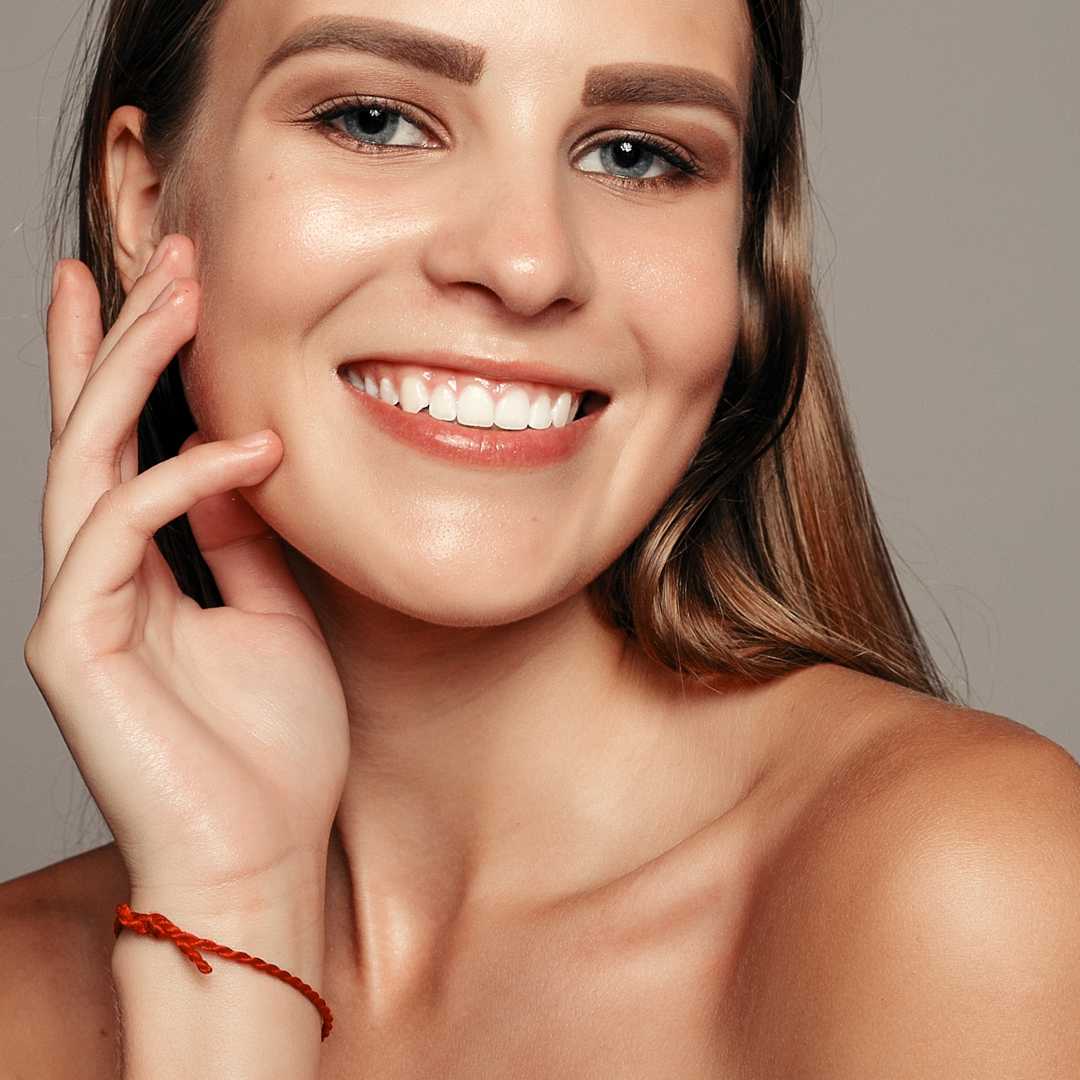
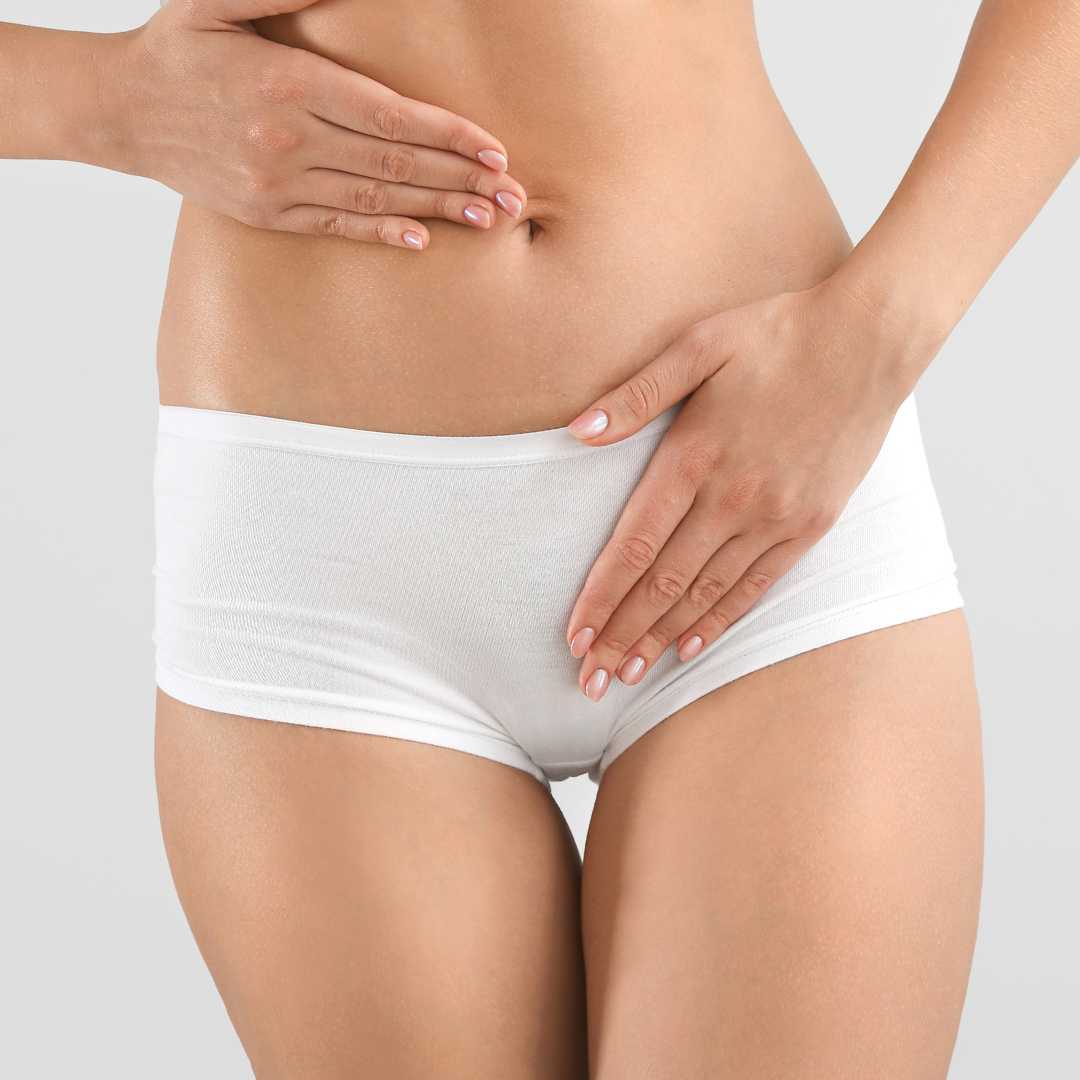

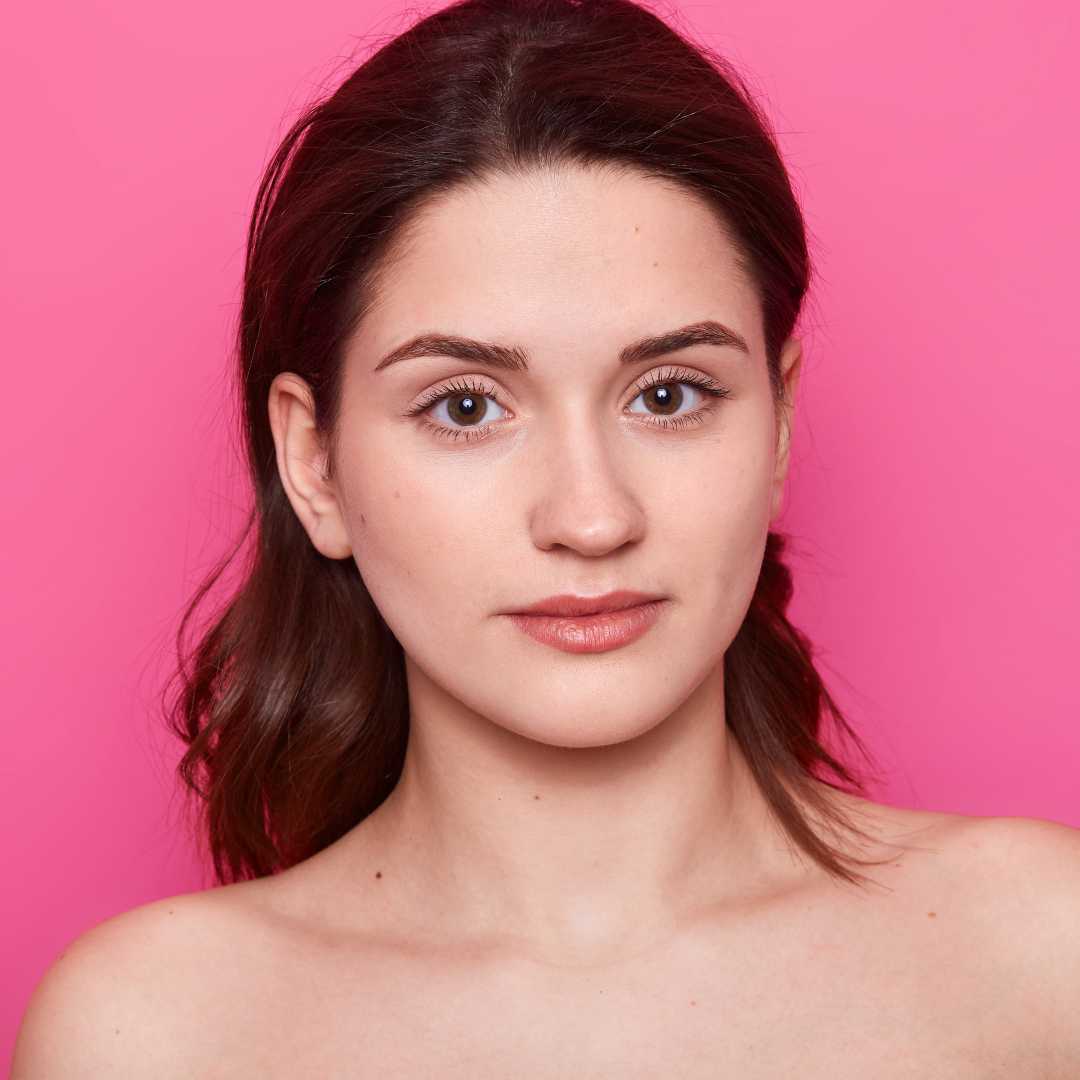
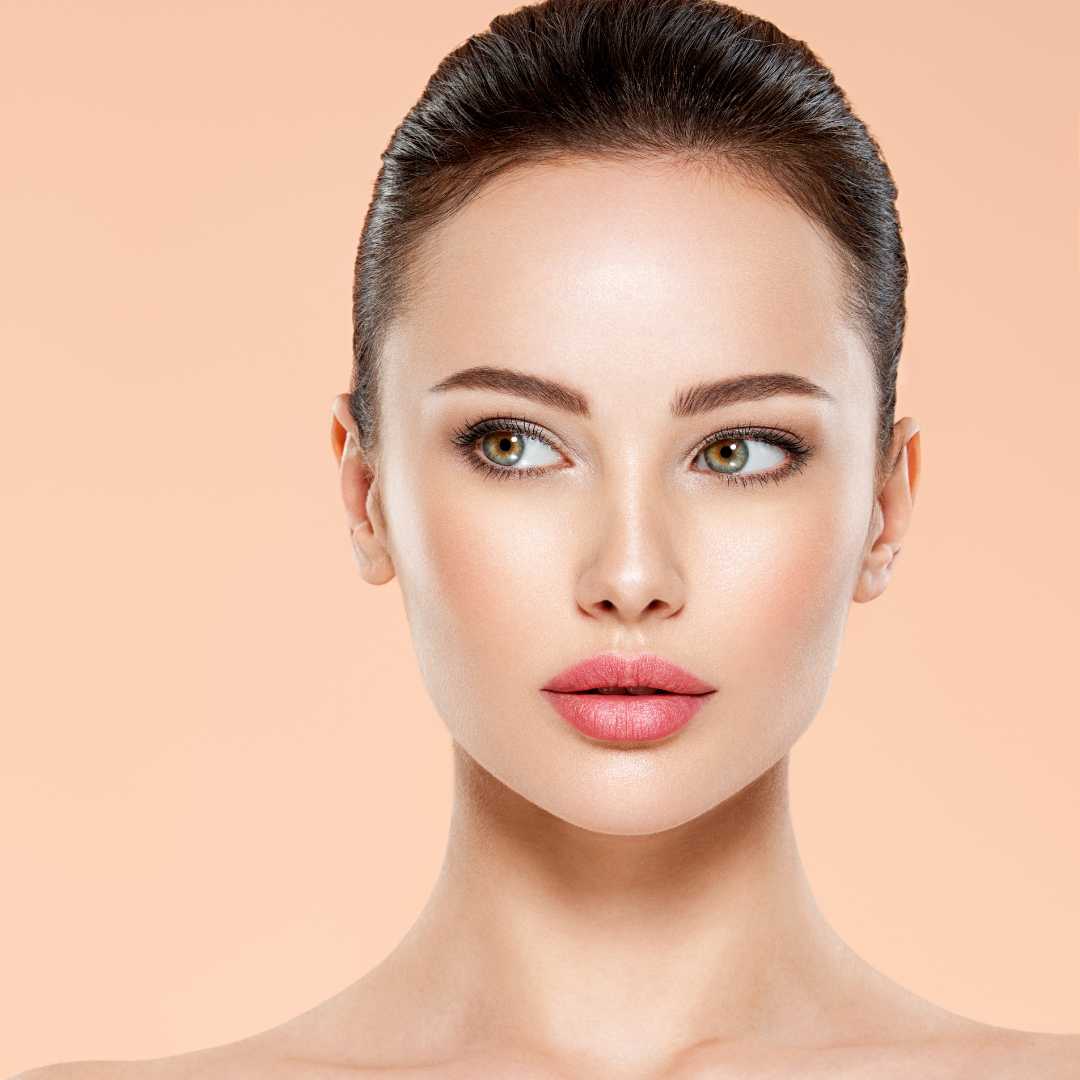
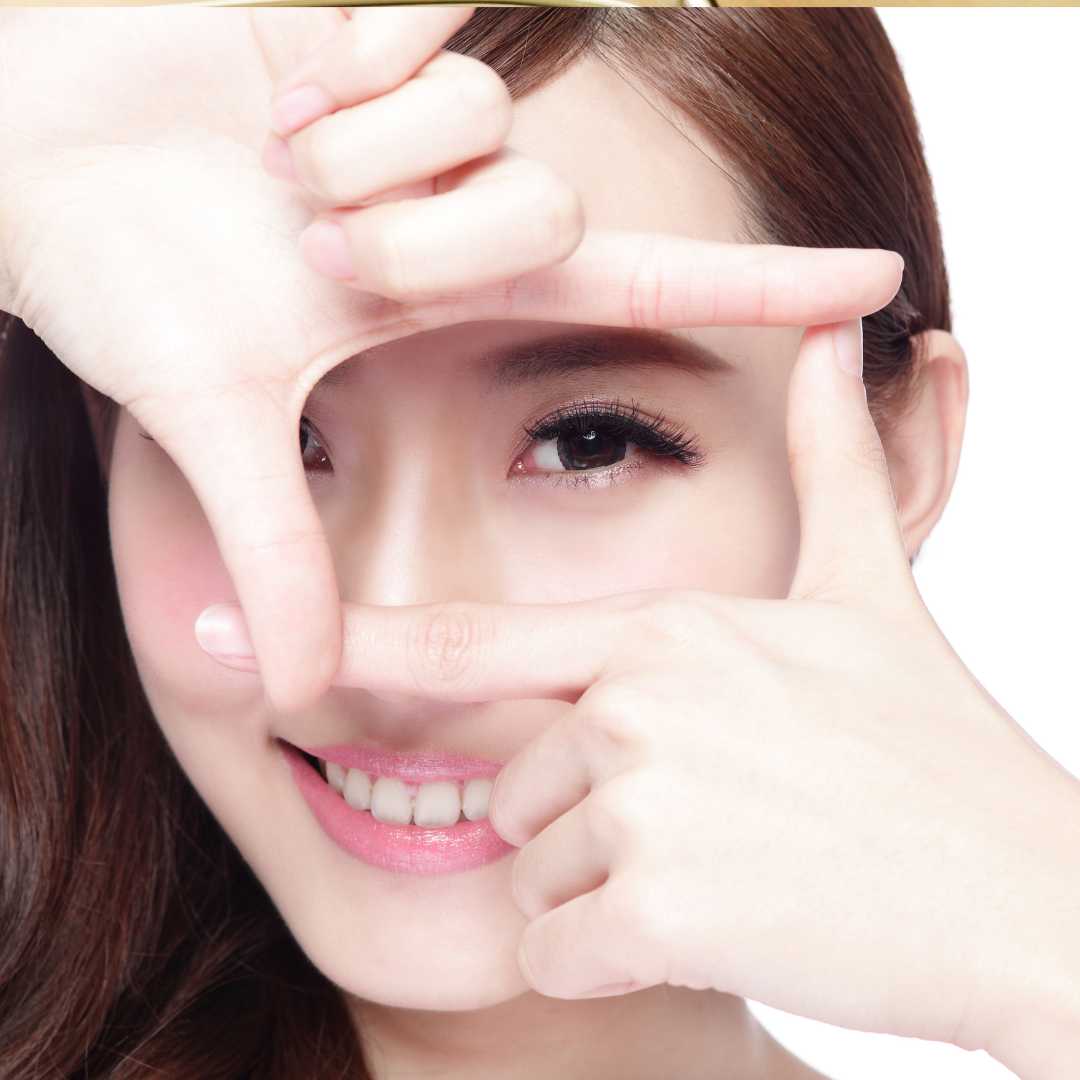

.png)
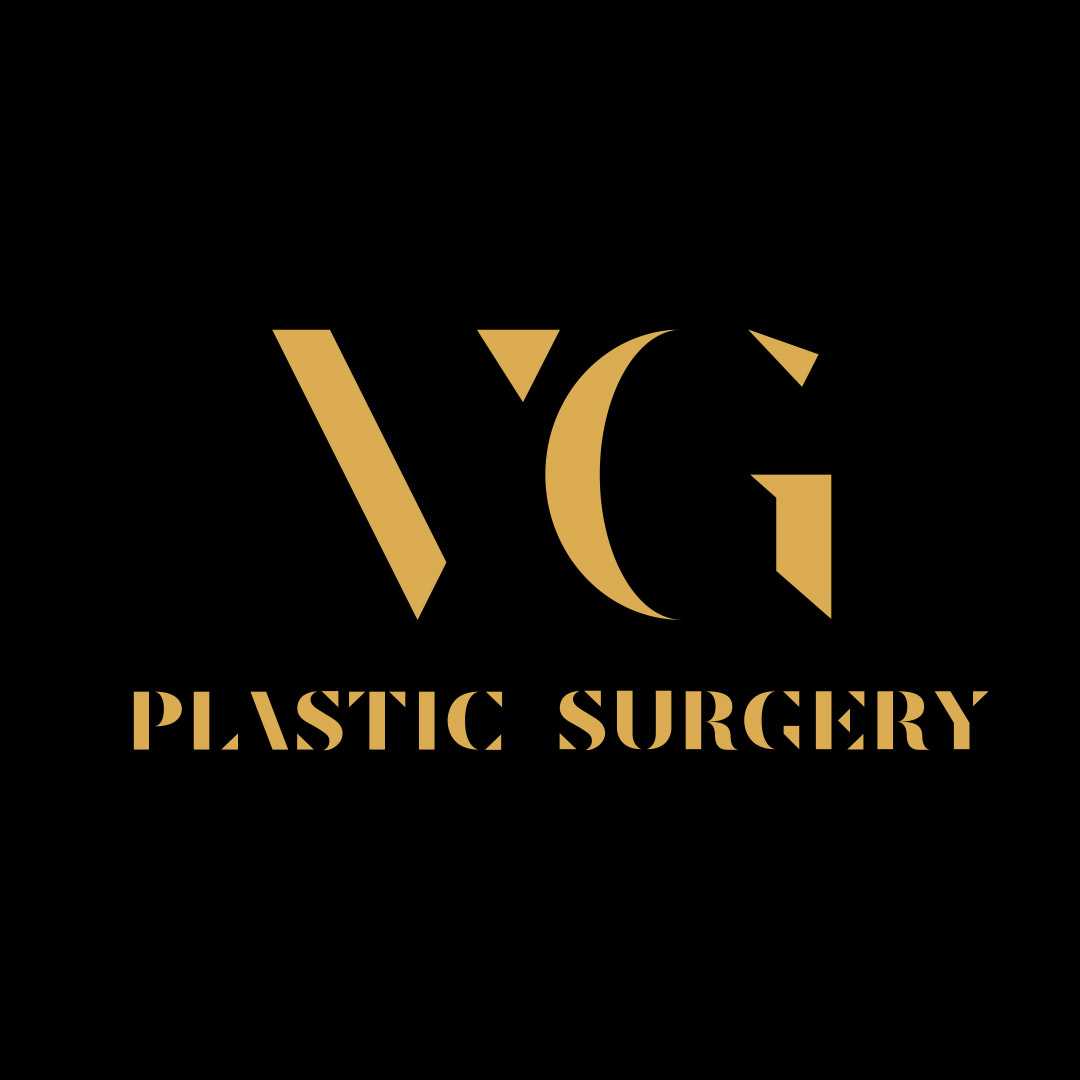
.png)
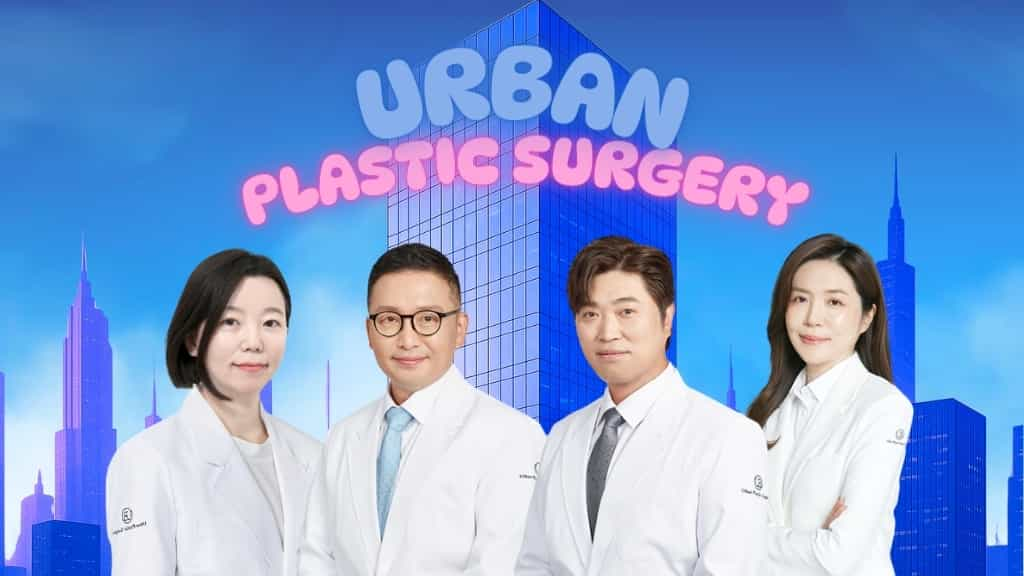
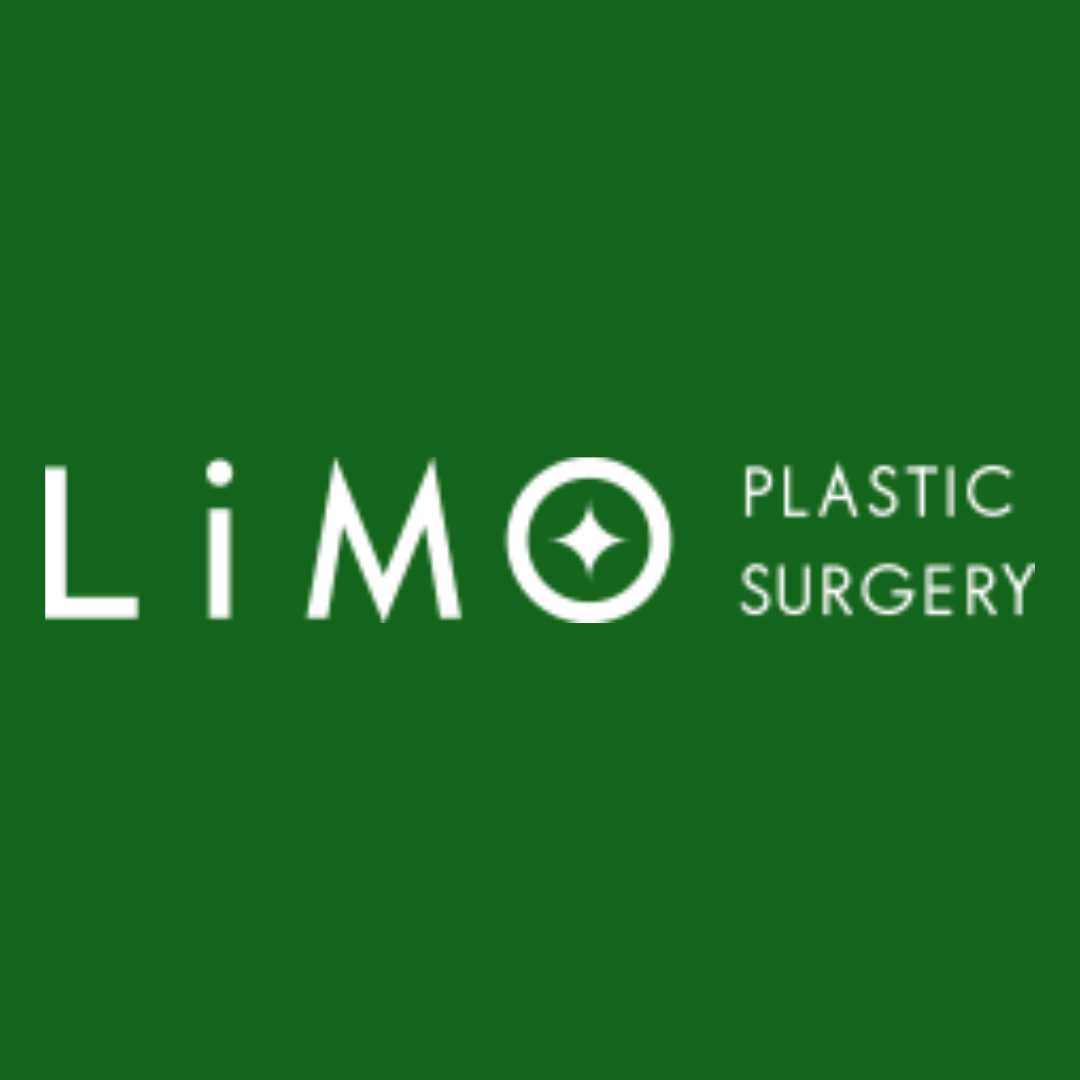
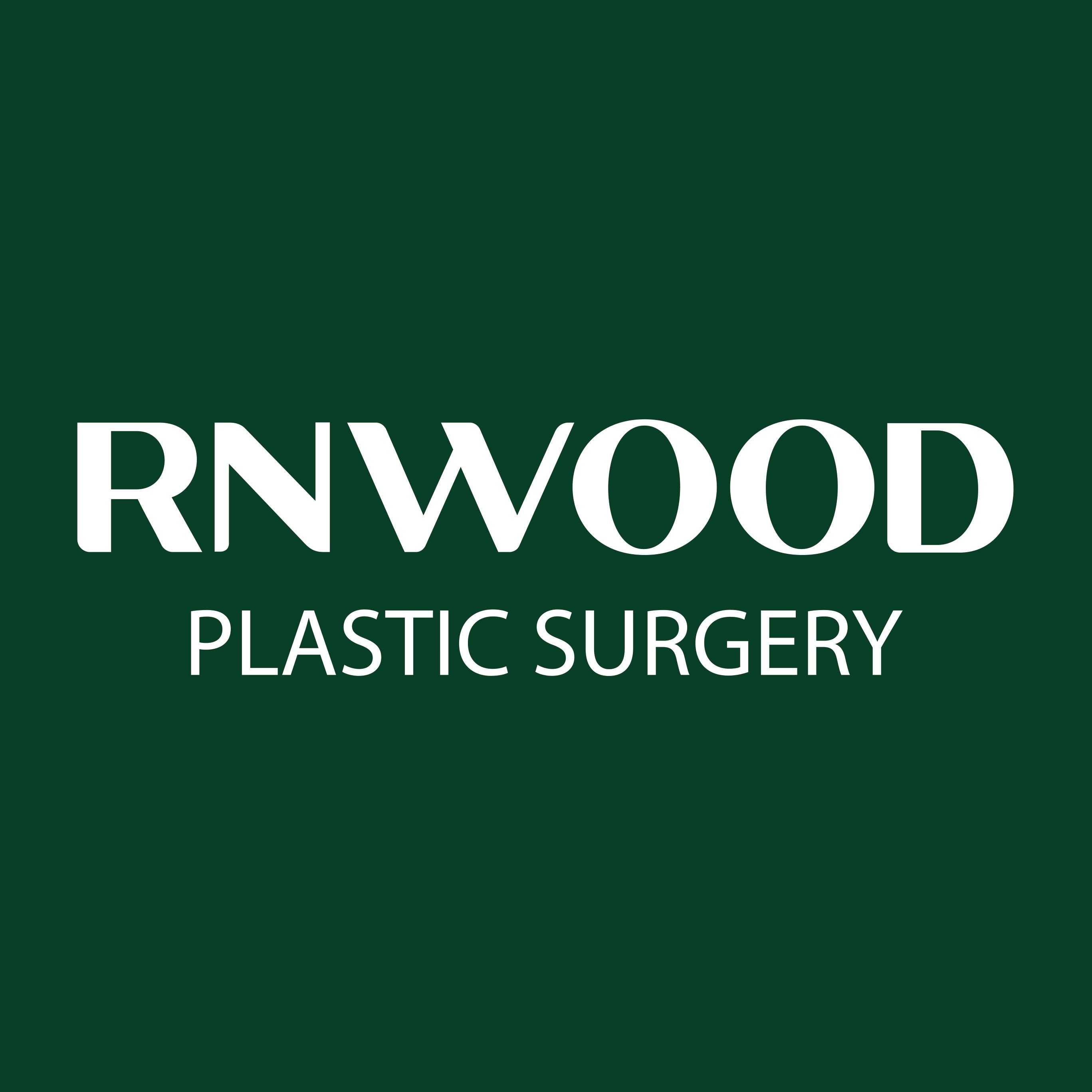

Share this listing